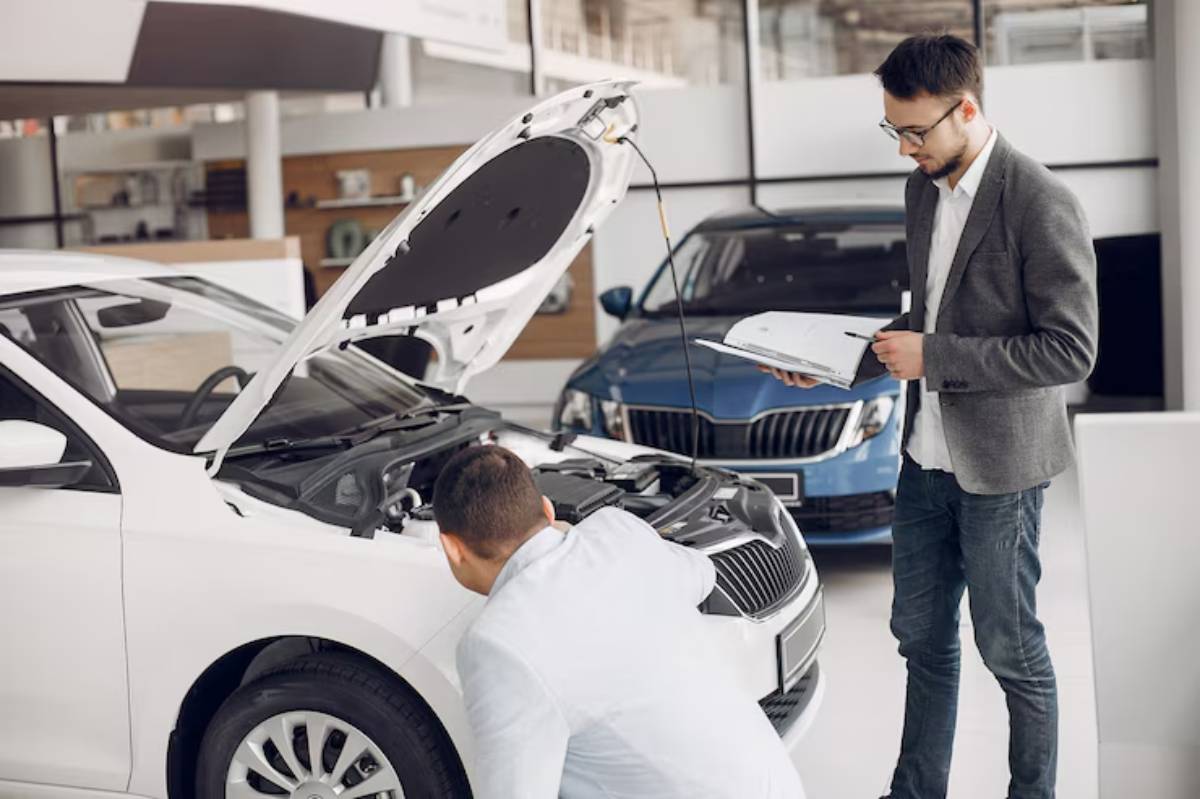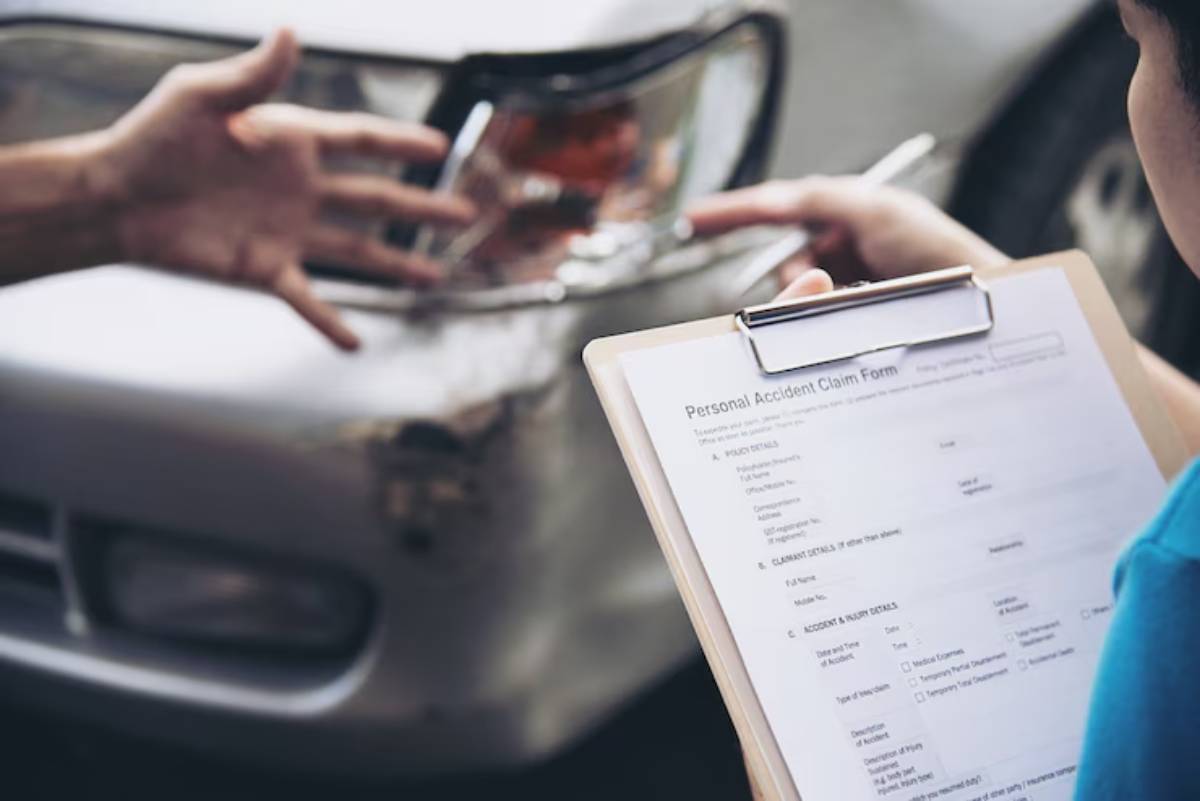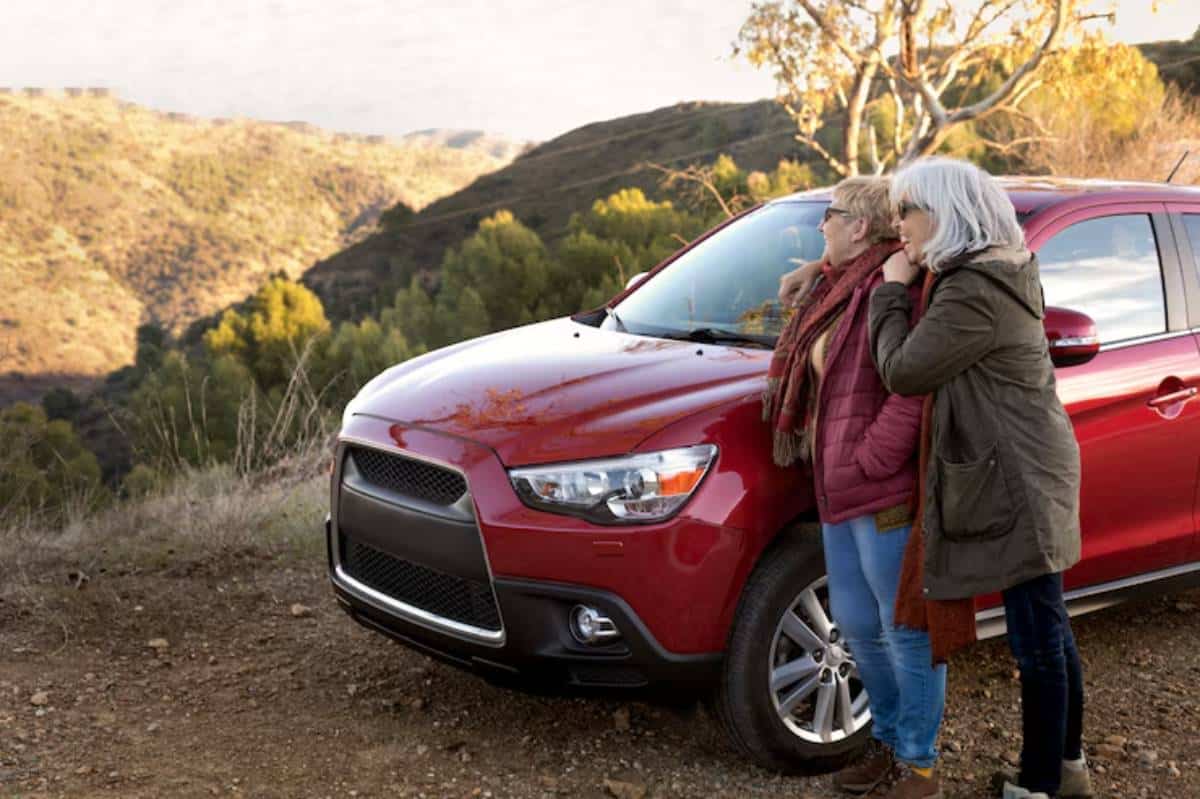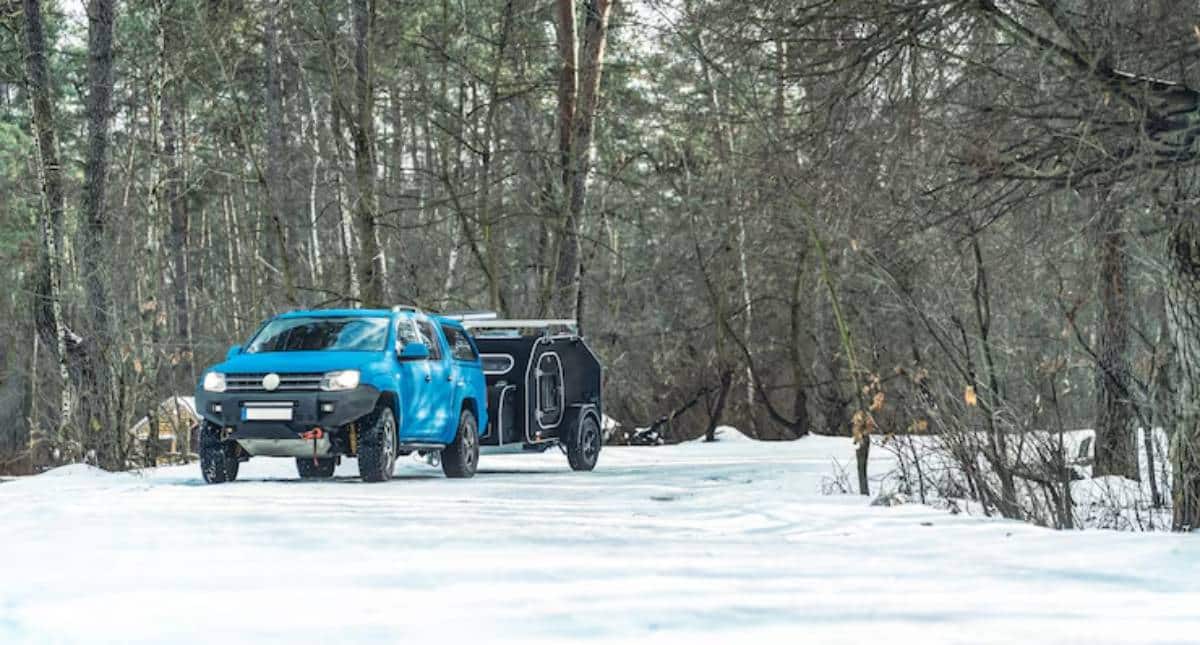
Pros and Cons of Leasing vs Buying a Family SUV
When the time comes to upgrade to a spacious, reliable vehicle for your growing family, one key question always pops up: Should you lease or buy?
It’s not just a financial decision — it’s about lifestyle, flexibility, and future planning. The truth is, both SUV leasing and ownership have their advantages. Whether you’re navigating school runs, weekend getaways, or endless errands, your family car should suit your routine and your budget.
This guide compares SUV lease vs buy options, highlighting the real-world pros and cons to help you make the smartest choice for your family.
The Basics: What’s the Difference?
Before diving in, let’s break down the core differences between leasing and buying:
Leasing
You pay monthly to use the SUV for a fixed period (usually 2–4 years). At the end, you return it — unless you choose to buy it outright.
Buying
You either pay in full or finance the SUV with a loan. Once the loan is paid off, the vehicle is yours to keep, sell, or trade in.
Think of leasing like renting a flat — and buying like owning a home.
Pros and Cons of Leasing a Family SUV
Leasing can be a practical option for families looking for lower monthly payments and access to newer models. But it’s not always the most cost-effective in the long run.
Pros of Family Car Leasing:
- Lower Monthly Payments: Leasing typically costs less per month than financing a purchase, which can help ease your monthly budget.
- New Car More Often: Leasing lets you drive the latest model every few years — great for keeping up with evolving safety tech.
- Warranty Coverage: Lease terms usually match the manufacturer’s warranty, reducing out-of-pocket repair costs.
- Minimal Deposit Needed: Down payments are usually smaller compared to buying.
Cons of Family Car Leasing:
- Mileage Limits: Most leases cap annual mileage (often 10,000–15,000 miles). Exceeding this can lead to hefty fees — not ideal for road-tripping families.
- No Ownership Equity: At the end of the lease, you don’t own the car. Your payments build no long-term value.
- Wear-and-Tear: Families with young kids or pets may risk additional charges for interior damage.
- Limited Customisation: You can’t modify a leased vehicle — no roof racks, tow bars, or major upgrades.

Pros and Cons of Buying a Family SUV
Purchasing — whether upfront or through finance — offers long-term benefits and more freedom. It’s ideal for families who clock serious mileage or plan to keep their SUV for years.
Pros of SUV Ownership:
- You Own It: Once your loan is paid off, the SUV is yours — giving you trade-in value or resale profit.
- No Mileage Limits: Drive as far as you like without worrying about extra fees.
- Freedom to Modify: Add accessories, upgrade entertainment, or install roof boxes without restrictions.
- Better Long-Term Value: Buying can be cheaper overall if you plan to keep the SUV for more than 5 years.
Cons of SUV Ownership:
- Higher Monthly Payments: Compared to leasing, loan payments can be higher, especially for newer models.
- Upfront Costs: You’ll likely need a bigger deposit and pay registration fees, taxes, and insurance.
- Depreciation Risk: New cars lose value quickly — up to 20% in the first year. That can sting if you sell early.
- Maintenance Costs Over Time: After warranties expire, you’re responsible for all repairs and upkeep.

Key Factors to Consider: Which Option Suits Your Family?
Before making a decision, assess your lifestyle, priorities, and financial position:
| Question | If you answer “Yes”… | Consider |
| Do you want a new SUV every few years? | Yes | Lease |
| Do you plan to drive long distances annually? | Yes | Buy |
| Is a lower monthly cost crucial right now? | Yes | Lease |
| Do you want long-term value and ownership? | Yes | Buy |
| Is customising your vehicle important? | Yes | Buy |
| Do you need to avoid long-term maintenance costs? | Yes | Lease |
Real-Life Example Scenarios
Scenario 1: The Commuting Couple with a Newborn
Jake and Priya live in a city and only drive 8,000 miles a year. They lease a hybrid SUV for three years, enjoying the latest safety features, low emissions, and minimal upkeep — without tying up their savings.
Scenario 2: The Family of Five with Weekend Adventures
Tasha and Liam take frequent road trips and use their SUV for camping, sports, and hauling bikes. They buy a slightly used SUV with a five-year finance plan, planning to keep it for at least eight years.
Budgeting Tips for Both Options
Whether you lease or buy, these tips keep your family finances in check:
- Set a monthly budget (include insurance, tax, and fuel)
- Compare total costs, not just monthly payments
- Shop interest rates for loans or lease deals
- Consider Certified Pre-Owned SUVs for the best of both worlds: warranty + value
SUV Lease vs Buy — What’s Best for Your Family?
There’s no universal answer — only the right answer for your needs.
If flexibility, lower payments, and warranty coverage top your list, family car leasing could be ideal. But if long-term ownership, unlimited driving, and resale value matter more, buying your SUV is likely the better route.
Whatever you choose, make sure it fits your lifestyle now — and in the years to come.
Still unsure which option to go with?
Chat with a dealer, request lease vs loan estimates, and test drive a few SUVs to see what fits. Already made your decision? Share your leasing or ownership experience in the comments — your story could help another family make a smart move.
Would you like a downloadable Lease vs Buy decision checklist or a side-by-side visual comparison chart? I can create one to complement this blog!


